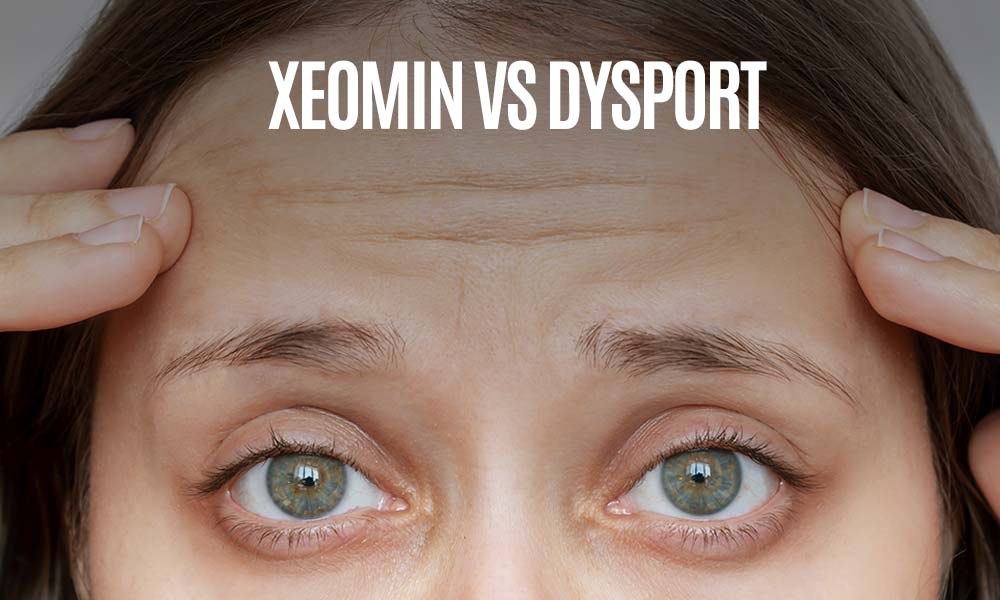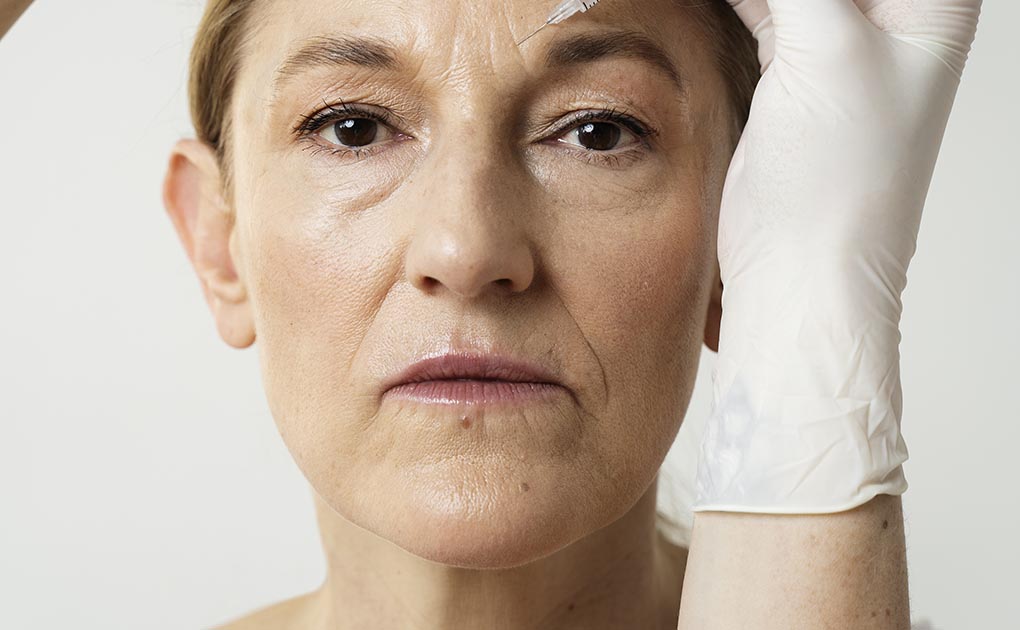Hormonal balance plays a vital role in maintaining overall health and quality of life, especially during menopause when natural hormonal fluctuations occur. Hormone therapy, particularly hormone replacement therapy (HRT), provides a targeted approach to restoring estrogen and progesterone levels. By alleviating disruptive symptoms and promoting overall well-being, HRT has become an essential treatment for many women navigating this transitional phase of life.
Understanding Hormone Therapy
Hormone therapy involves supplementing or replacing hormones that the body no longer produces in sufficient quantities. While primarily associated with alleviating menopause symptoms in women, hormone therapy can also address other hormonal imbalances in men and women alike.
For menopausal women, HRT typically includes:
- Estrogen Therapy: Restores declining estrogen levels.
- Combined Therapy: Includes both estrogen and progesterone to balance hormone levels, particularly for women with intact uteruses.
Key Benefits of Hormone Therapy
1. Relief from Menopause Symptoms
Menopause symptoms such as hot flashes, night sweats, mood swings, and vaginal dryness can significantly disrupt daily life. HRT effectively alleviates these symptoms by replenishing estrogen and progesterone levels. Women often report improved sleep quality, reduced irritability, and greater comfort in their day-to-day activities.
2. Improved Mood and Mental Health
Hormonal changes during menopause can lead to anxiety, depression, and mood swings. Estrogen has a direct impact on neurotransmitters that regulate mood. By stabilizing hormone levels, HRT helps reduce emotional fluctuations, enhancing overall mental health and emotional well-being.
3. Enhanced Sexual Function
Menopause can lead to decreased libido, vaginal dryness, and discomfort during intimacy. HRT addresses these issues by restoring vaginal health and increasing blood flow, improving sexual satisfaction and confidence.
4. Bone Health Protection
Estrogen plays a critical role in maintaining bone density. As estrogen levels drop during menopause, women face an increased risk of osteoporosis. HRT helps preserve bone density, reducing the likelihood of fractures and promoting long-term skeletal health.
5. Cardiovascular Health Benefits
When initiated early in menopause, HRT has shown potential cardiovascular benefits, including improved cholesterol levels and reduced arterial stiffness. This contributes to better heart health and lower risk of cardiovascular diseases.
6. Weight Management Support
Hormonal changes can make weight management more challenging during menopause. While not a weight loss solution, HRT can address hormonal factors contributing to weight gain, supporting healthier body composition and overall metabolism.
7. Reduced Risk of Certain Cancers
Emerging research suggests that HRT, particularly formulations using micronized progesterone, may lower the risk of colorectal and certain types of breast cancers. This highlights the potential protective effects of properly balanced hormone therapy.
8. Improved Skin Health
Estrogen influences collagen production, skin hydration, and elasticity. Women undergoing HRT often experience improved skin quality, including fewer wrinkles and enhanced firmness, giving a more youthful appearance.
Is Hormone Therapy Right for You?
Hormone therapy is not a one-size-fits-all solution. Factors such as age, overall health, and medical history play a crucial role in determining whether HRT is a suitable option. Women who are younger than 60 or within ten years of menopause onset are often ideal candidates for HRT, as they may benefit most from its protective effects.
It’s essential to consult with a healthcare professional to evaluate the risks and benefits of hormone therapy based on your unique needs.
Safety and Considerations
While HRT offers numerous benefits, it’s important to consider potential risks, including:
- Blood Clots: Certain types of HRT may increase the risk of blood clots, especially in women with existing risk factors.
- Breast Cancer: Some studies indicate a slight increase in breast cancer risk with long-term HRT use.
- Other Risks: Includes gallbladder disease or stroke, depending on the individual and type of therapy.
Choosing the right type of hormone therapy and working closely with a healthcare provider minimizes these risks while maximizing benefits.
How to Get Started with Hormone Therapy
If you’re considering hormone therapy, here’s how to proceed:
- Consult a Specialist: Meet with a healthcare provider who specializes in hormone therapy.
- Comprehensive Evaluation: Undergo a full medical evaluation to assess your health and determine the best treatment approach.
- Customized Plan: Work with your provider to develop a personalized hormone therapy plan tailored to your symptoms and goals.
- Regular Monitoring: Schedule follow-up visits to monitor progress and adjust treatment as needed.
Complementing Hormone Therapy
Hormone therapy works best when combined with a healthy lifestyle. Consider these additional steps to enhance its benefits:
- Balanced Diet: Focus on calcium-rich and vitamin D-rich foods to support bone health.
- Regular Exercise: Engage in weight-bearing exercises to strengthen bones and improve overall fitness.
- Stress Management: Practice mindfulness, yoga, or meditation to maintain emotional balance.
- Adequate Sleep: Ensure quality sleep to aid in hormonal regulation and overall well-being.
Conclusion
Hormone therapy offers transformative benefits for individuals experiencing hormonal imbalances, particularly during menopause. By addressing symptoms like hot flashes, mood swings, and decreased bone density, HRT provides relief and improves overall quality of life. Additionally, its positive impact on cardiovascular health, skin quality, and sexual function makes it a comprehensive solution for well-being.
Considering hormone therapy? Contact us and schedule a consultation with a Forever Young Medi Spa healthcare provider today to explore how it can enhance your health and vitality.
FAQs
How long does it take to see results from hormone therapy?
Many women notice improvements in symptoms like hot flashes and mood swings within a few weeks. Full benefits, such as better bone density or cardiovascular health, may take several months.
Is hormone therapy safe for everyone?
Hormone therapy is safe for many women, especially those under 60 or within ten years of menopause onset. However, it’s essential to consult a healthcare provider to assess individual risks.
Are there alternatives to hormone therapy for menopause symptoms?
Yes, alternatives include lifestyle changes, herbal supplements, and non-hormonal medications. Your doctor can recommend the best approach based on your symptoms and health.
Can hormone therapy help men?
Yes, hormone therapy can also benefit men with low testosterone levels by improving energy, muscle mass, and overall well-being.







